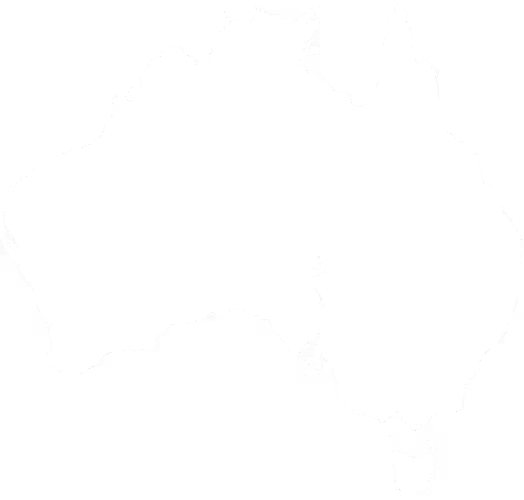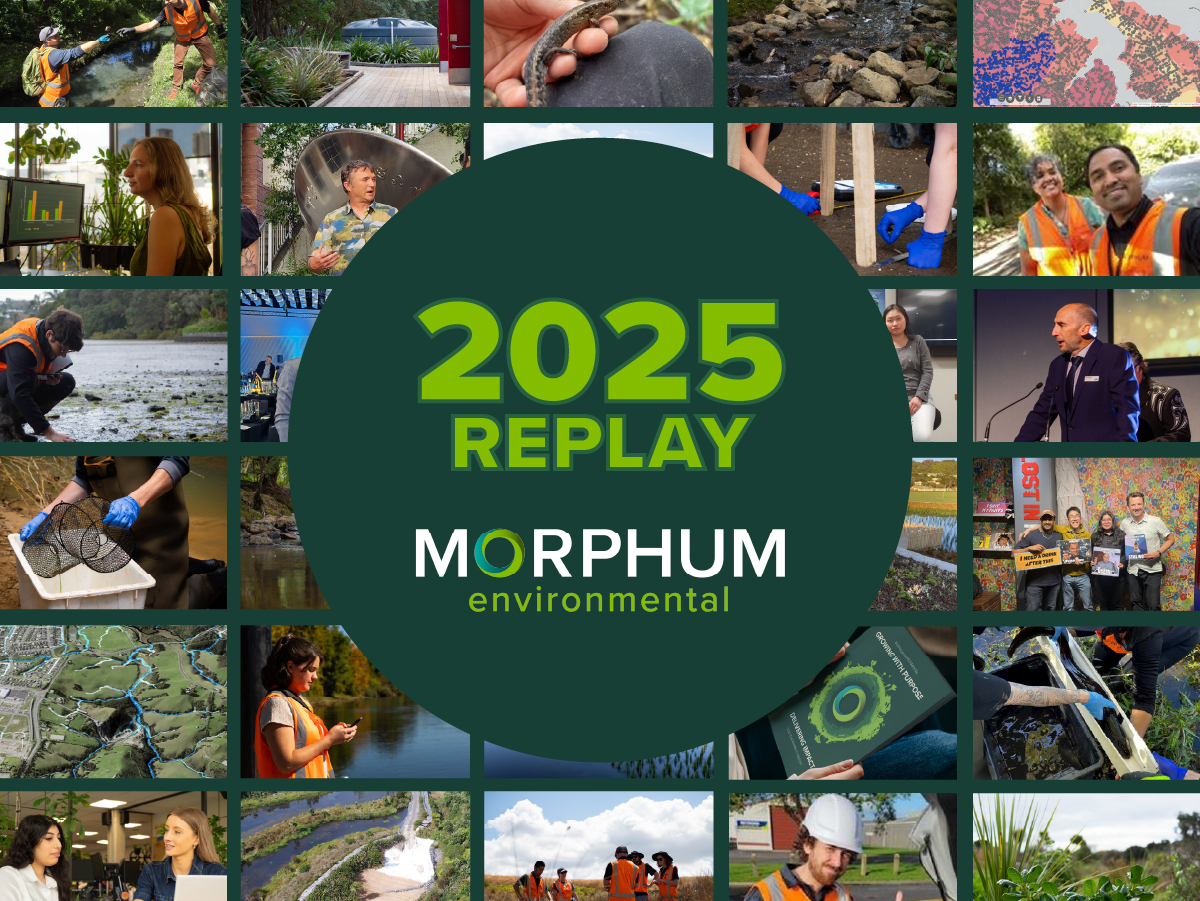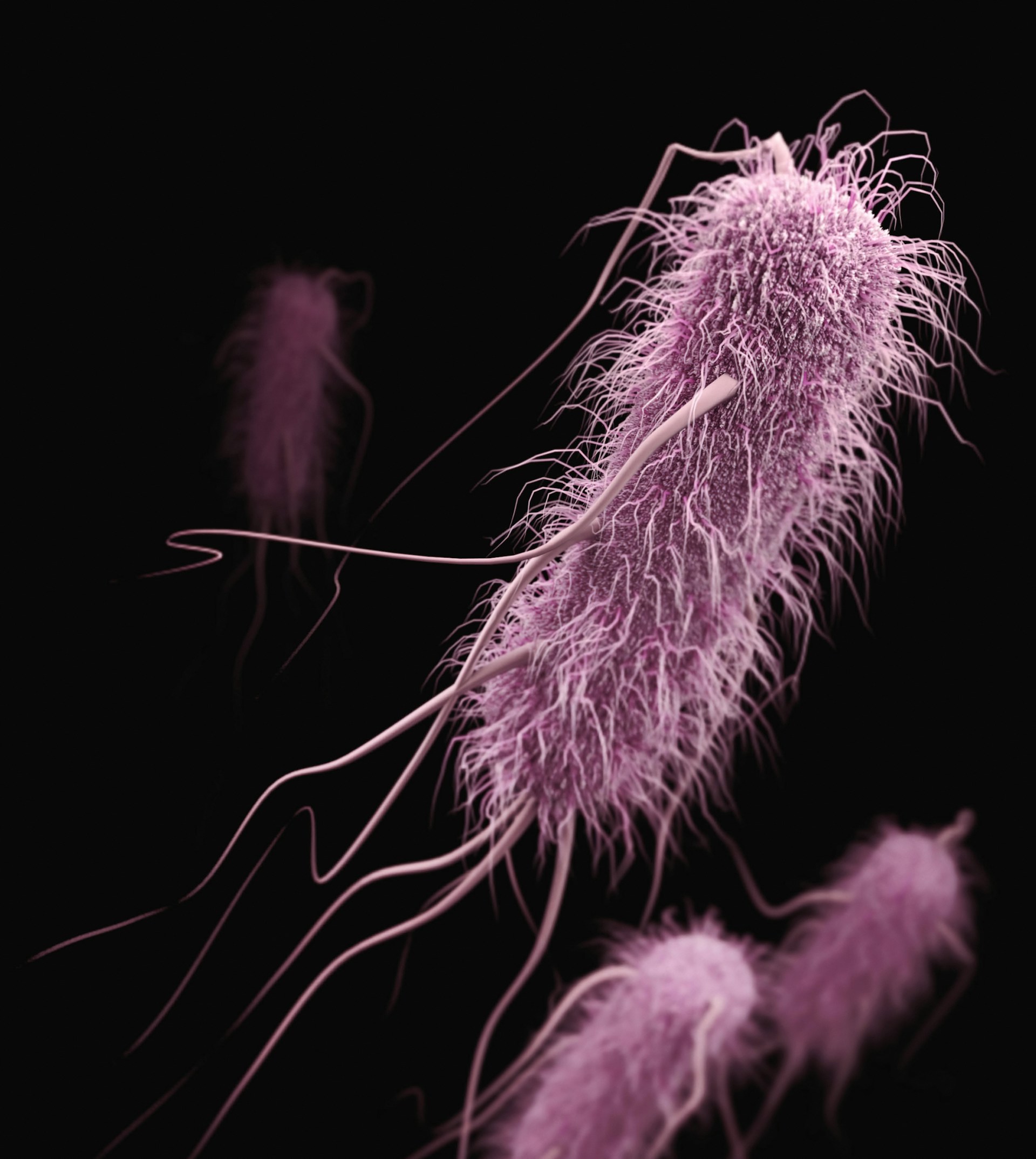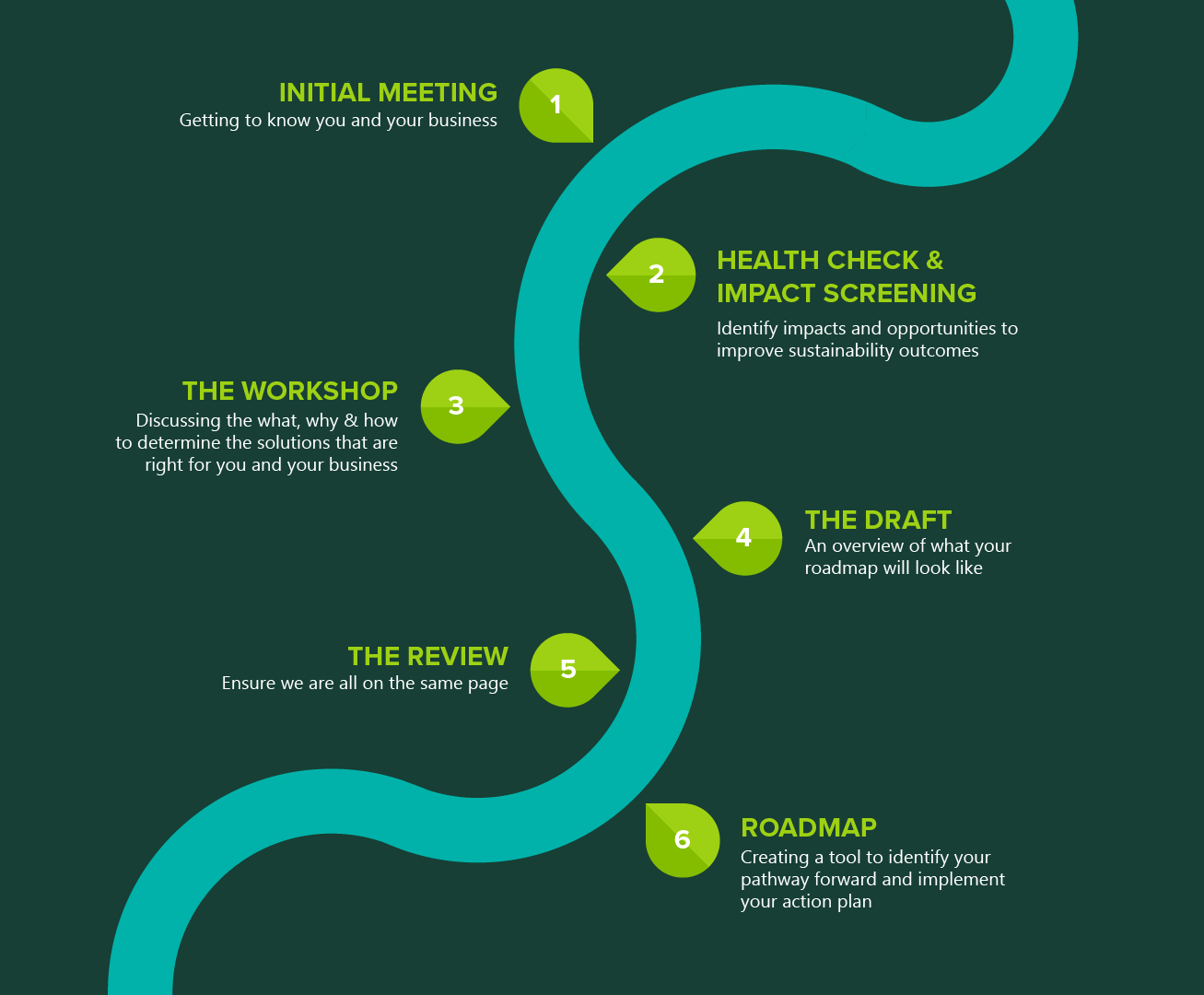The Value Of Qualified Fish Relocation
Undergoing earthworks, construction, or other engineering activities near waterways poses a risk to our native freshwater species, especially our native fish. Luckily, we can mitigate this issue with the support of qualified environmental scientists.
Read Article ▸

.avif)





.jpg)
.jpg)
